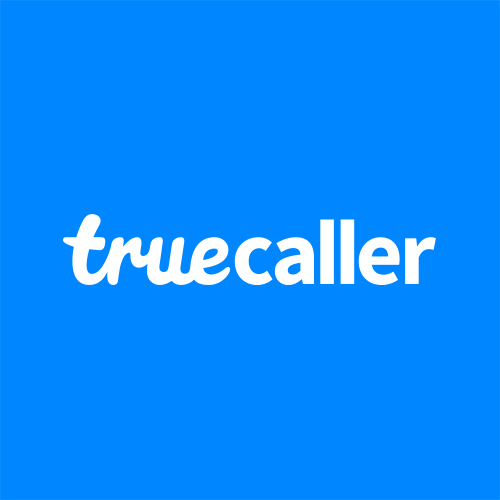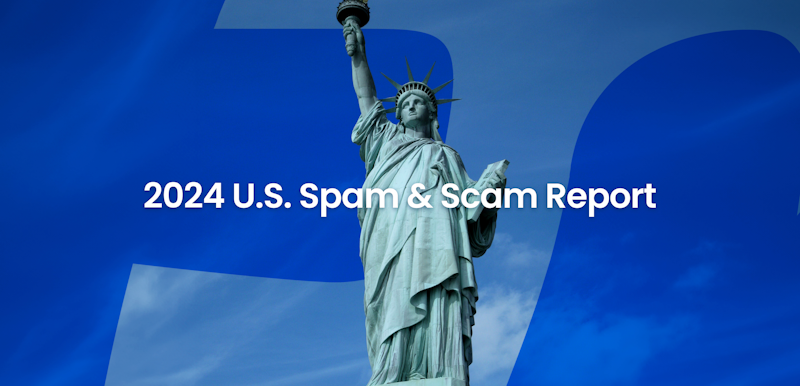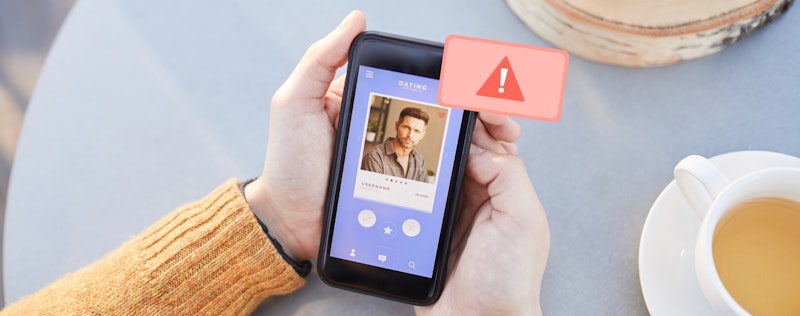
Shaken/Stir: FCC Holds Robocall Summit
Christina Gustavsson
Jul 12, 20193 min read
If you’ve been shaken by fishy phone calls and feel stirred to make them stop, you’re not alone. Government agencies and phone companies are actively working to solve the problem of unwanted calls with SHAKEN/STIR, a call verification system and the focus of the FCC-hosted Robocall Summit on July 11th.
The robocall problem
A robocall is an automated phone call that plays a recorded message when you pick up. Sometimes they come from legitimate businesses, schools, and hospitals. Sometimes they come from people trying to steal money and sensitive information from you.
Robocalls are surging around the world, and the U.S. is no exception. According to our research, Truecaller estimated that Americans receive around 97 billion spam calls in a year. These calls aren’t simply a nuisance. They pose a real danger to people’s financial security, with 1 in 6 Americans reporting money lost in scams. Truecaller Insights reported that roughly 43 million Americans were cheated out of more than 0 billion last year.
The Robocall Summit
The Federal Communications Commission (FCC) held a Robocall Summit in Washington, D.C. on July 11, 2019. The all-day public conference focused on reports from major players in the phone and voice service industries, such as Verizon, T-Mobile, AT&T, and Comcast. The FCC organized the event to check industry progress, and discuss current and anticipated issues, in rolling out new caller authentication standards to tackle the robocall epidemic in the U.S.
Specifically, the FCC wanted to know how far telecom companies had come in implementing a caller verification system called SHAKEN/STIR.
What is SHAKEN/STIR?
SHAKEN/STIR is the sexy, James Bond-inspired name for a system designed to combat a very un-sexy problem. It’s basically a set of shared standards that phone companies will use to determine whether your incoming calls actually come from the source they claim to.
SHAKEN stands for Signature-based Handling of Asserted information using toKENs, and STIR stands for Secure Telephony Identity Revisited. Together, these systems are intended to address the issue of spoof calling, which is when a caller fakes the information on your caller ID to fool you into picking up.
What it can & can’t do
SHAKEN/STIR’s main function is to let people know that the information they see on their caller ID is accurate. It could reduce the number of spoof calls people answer by helping them make more informed decisions about when to pick up.
However, SHAKEN/STIR do certain things Truecaller does, like stop robocalls and spoof calls from reaching you.
SHAKEN/STIR doesn’t determine the content or intent of a call either, so it’s not explicitly labeling calls as spam or scams. It simply tries to determine to what degree the caller ID information has been verified, so that you can decide how much you trust the caller (or recorded message) on the other side.
So, while SHAKEN/STIR’s authentication system is similar to Truecaller’s verification badges, it stops short of actually labeling calls as spam or scam, like we do.
Truecaller also has advanced opt-in features in Android, including blocking all international calls, calls coming from specific countries, and neighbor spoofing calls.
Key takeaways
1. SHAKEN/STIR does not block robocalls, but it should reduce call spoofing.
2. There is no singular, flawless system to prevent spoof calls.
3. Regulators and service providers are working together to address call spoofing.
4. As spammers continue to up their game, so do those of us counteracting them.
In other words, everyone’s going to need to collaborate and combine our strengths to effectively fight the onslaught of unwanted calls. We at Truecaller feel optimistic that SHAKEN/STIR, combined with our technology, can help restore trust to telecommunication.

Christina Gustavsson
Jul 12, 20193 min read


